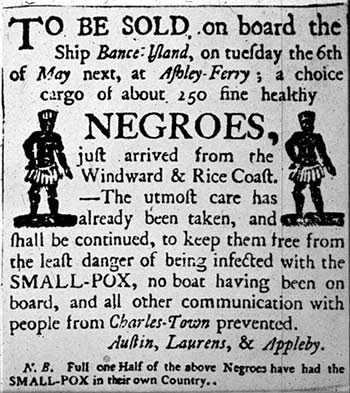If you are a Christian, how many times have you heard a skeptic say, “If you believe that the Bible is really the Word of God, then why don’t you [fill in the blank with a divine command from Leviticus]?”
Since the first five books of the Bible (aka the Pentateuch, Torah, or Law) contain hundreds of commands that deal with all aspects of human life, there is plenty of material for the skeptic to choose from. The purpose of this “gotcha” tactic is to take a verse from the Law that offends 21st century ears and challenge the Christian’s lack of consistency.
After all, skeptics think, if Christians truly believed that the entire Bible was the Word of God, then we would follow every command given in the Bible, right? Isn’t that just obvious? Since Christians don’t obey every command, then they are inconsistent and must not really believe that the Bible is the Word of God.
The skeptic argues that we actually get our moral values from the surrounding culture, just like everyone else. But if we get our moral values from the surrounding culture, then why don’t we jettison the Bible altogether? We obviously don’t need it.
What is wrong with this approach by the skeptics? The skeptic who quotes from the Law and asks Christians why we are not following the commands found in the Law has failed to read and/or understand the New Testament. How do I know that?
The NT clearly states in several places that the Law was fulfilled by Jesus and no longer applies to Christians. Here are a few passages proving the point:
“By calling this covenant ‘new,’ he has made the first one [the Law] obsolete; and what is obsolete and outdated will soon disappear.” (Heb 8:13)
“We who are Jews by birth and not sinful Gentiles know that a person is not justified by the works of the law, but by faith in Jesus Christ. So we, too, have put our faith in Christ Jesus that we may be justified by faith in Christ and not by the works of the law, because by the works of the law no one will be justified.” (Gal 2:15-16)
“Before the coming of this faith, we were held in custody under the law, locked up until the faith that was to come would be revealed. So the law was our guardian until Christ came that we might be justified by faith. Now that this faith has come, we are no longer under a guardian [the Law].” (Gal 3:23-25)
“But now, by dying to what once bound us, we have been released from the law so that we serve in the new way of the Spirit, and not in the old way of the written code [the Law].” (Rom 7:6)
These verses and others clearly state that Christians are not under any obligation to follow the divine commands given to the Israelites as they left Egyptian slavery and journeyed toward the Promised Land. As my seminary professor used to tell us, the Old Testament was written for us, but not to us. It was written to ancient Israel.
Now, does this mean that Christians should completely ignore the divine commands given to the Israelites? No, it doesn’t. But the question as to how we should apply God’s words to the Israelites to our lives today is an altogether different subject.
The bottom line for this blog post is that every time a skeptic throws a command from the Law at me and accuses me of being inconsistent, of not obeying one of God’s commands, I know that he hasn’t read the New Testament and understood one of its major themes – Christians are not under the Law!
 Someone recently asked me about slavery in the Bible, and I decided it was time to take this topic on. In order to stay focused, I want to answer a very specific question: does God support the institution of slavery in the Torah (first five books of the Old Testament)?
Someone recently asked me about slavery in the Bible, and I decided it was time to take this topic on. In order to stay focused, I want to answer a very specific question: does God support the institution of slavery in the Torah (first five books of the Old Testament)?